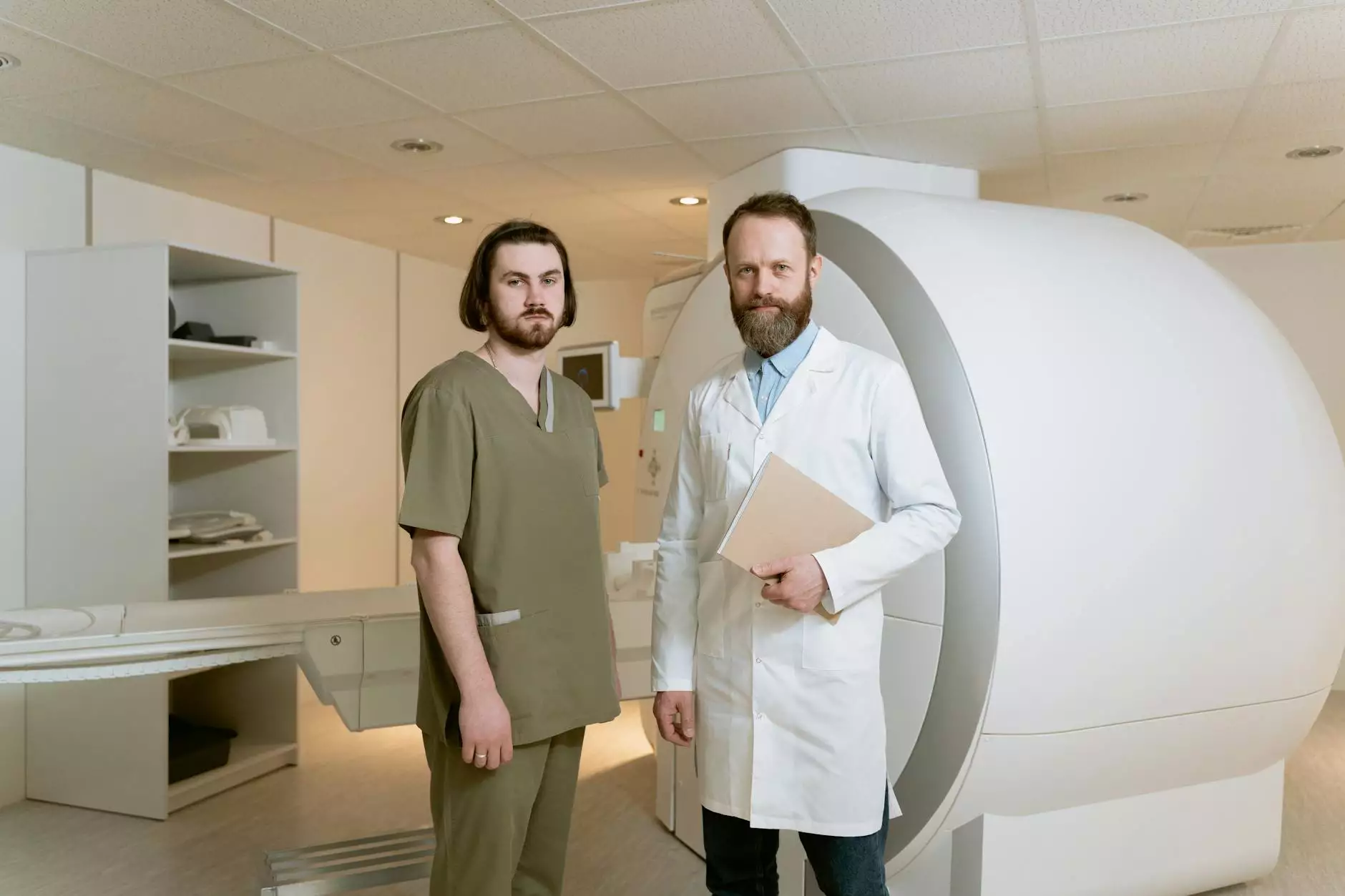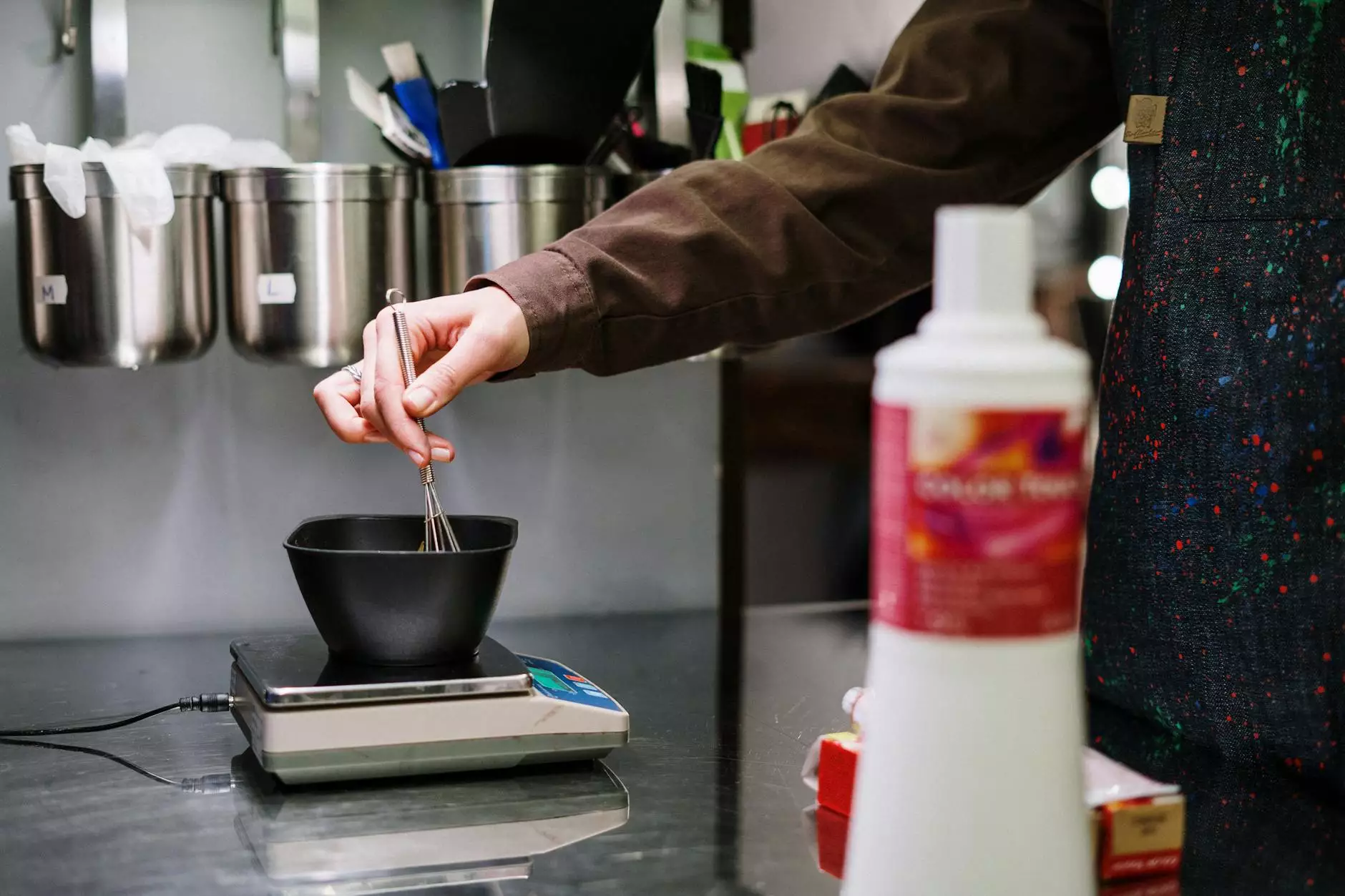Reasons Why Cleanliness Is A Must In Healthcare Facilities
Health
As healthcare facilities play a critical role in preserving and promoting the well-being of individuals, it is imperative to emphasize the significance of cleanliness within these environments. Ageless Wisdom Magazine, a prominent lifestyle publication, brings you an in-depth exploration of the reasons why cleanliness is a must in healthcare facilities.
Health and Safety
Cleanliness directly impacts health and safety. In healthcare facilities, where patients and staff constantly interact, maintaining a clean and hygienic environment is crucial to preventing the spread of infections. By adhering to rigorous cleaning protocols, healthcare facilities can significantly reduce the risk of healthcare-associated infections (HAIs) and improve patient outcomes.
Infection Prevention
A pristine environment minimizes the risk of infections. Healthcare facilities are susceptible to various pathogens that can thrive if not properly managed. Regular cleaning of high-touch surfaces, sterilization of medical equipment, and strict adherence to hand hygiene protocols are vital for preventing the transmission of bacteria, viruses, and other harmful microorganisms within healthcare settings.
Patient Confidence
Cleanliness fosters trust and confidence in patients. A clean and well-maintained healthcare facility signifies professionalism, competence, and a commitment to patient care. When patients see that a healthcare environment is consistently kept clean, they are more likely to feel confident in the quality of care they will receive, ultimately enhancing patient satisfaction and trust.
Staff Morale and Productivity
A clean workplace positively impacts staff morale and productivity. Healthcare professionals work tirelessly to deliver optimal care to their patients. A clean and organized environment not only provides them with the necessary tools and supplies but also creates a positive atmosphere that can contribute to enhanced focus, efficiency, and overall job satisfaction.
Compliance with Regulations
Cleanliness ensures compliance with regulatory standards. Healthcare facilities operate under strict regulations and guidelines to protect the well-being of patients and staff. Maintaining cleanliness and implementing proper infection control measures is not only a best practice but a legal obligation. Non-compliance can lead to penalties, reputational damage, and compromised patient safety.
Prevention of Cross-Contamination
Effective cleanliness prevents cross-contamination. Healthcare facilities often treat patients with different medical conditions, some of which may be highly contagious. Thorough cleaning and disinfection of medical equipment, surfaces, and patient rooms significantly reduce the risk of cross-contamination, safeguarding both patients and healthcare providers from potential harm.
Reduced Healthcare Costs
Cleanliness can contribute to cost reduction. Preventing healthcare-associated infections through proper cleanliness measures can lead to substantial cost savings for both healthcare facilities and patients. By reducing the occurrence of infections and subsequent complications, the need for additional treatments, medication, and extended hospital stays can be significantly minimized.
Conclusion
In conclusion, the importance of maintaining cleanliness in healthcare facilities cannot be overstated. Ageless Wisdom Magazine wholeheartedly emphasizes the critical role cleanliness plays in promoting health, preventing infections, instilling patient confidence, boosting staff morale, ensuring regulatory compliance, preventing cross-contamination, and reducing healthcare costs. Prioritizing cleanliness ultimately creates a safe and welcoming environment where patients can receive top-quality care and healthcare professionals can thrive.




